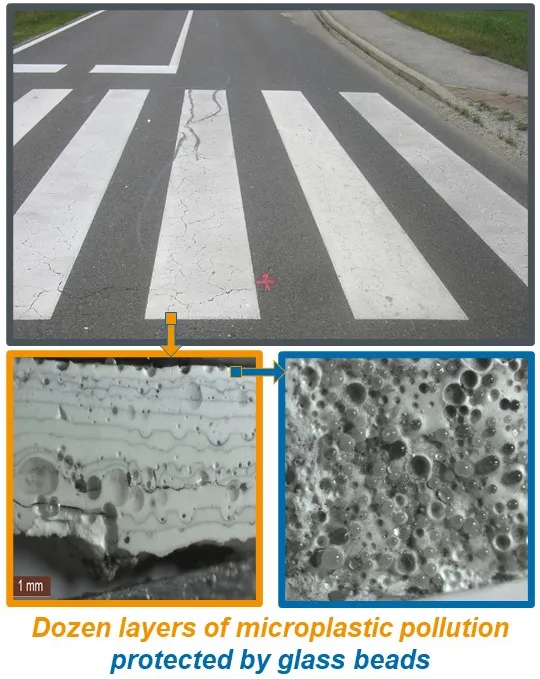
ASECAP, the European motorway operators association, has extended the deadline to October 15 for its call for papers for its Study and Information Days conference.
Next year, experts from across Europe will gather in the Spanish capital Madrid from May 26-28 for the 52nd ASECAP Days event that will focus on the continuing shift to greener mobility. More investments for mobility are needed to make successful green transition including in the European Union's Green Deal policy and its Fit for 55 strategy.
Under the European Climate Law, the EU committed to reduce its net greenhouse gas emissions by at least 55 per cent by 2030. The Fit for 55 package of legislation makes all sectors of the EU economy fit to meet this target. It sets the EU on a path to reach its climate targets in a fair, cost-effective and competitive way.
For their part, European motorway infrastructure operators propose to foster green projects, including the transformation of the infrastructure to host electric car, buses and trucks to contribute developing safe, inclusive and green mobility solutions to all.
The 52nd ASECAP Study and Information Days will focus on how it would be possible to foster safe and mobility solutions by stimulating investments aimed at reaching the EU objectives of vision zero in terms of fatalities and vision zero in term of CO₂ emissions. It will also discuss sustainable financing scheme to support these transformations and developments without burdening public budget, solutions exist.
The following topics will be addressed:
- Sustainable road financing schemes;
- Driving Innovation, next generation of traffic management;
- Digital twin-based maintenance and monitoring for road infrastructure;
- Driving Change: tolling system and CO₂ reduction for net zero targets;
- Road safety, reaching zero, what needs to be done?
- What’s new in toll collection;
- Cooperative, connected and automated mobility (CCAM);
- Improving mobility data spaces and platforms to ensure enhanced services and cyber security;
- Impact of deployment of zero emission vehicles on road infrastructure;
- Attracting young professional to tackle future new mobility solutions;
- Sustainable development and environmental protection of road infrastructure.
Potential speakers should submit an abstract not exceeding 400 words by clicking here:
Further information and questions can be addressed by sending an e-mail to Romina Conti of the organising committee at [email protected].








